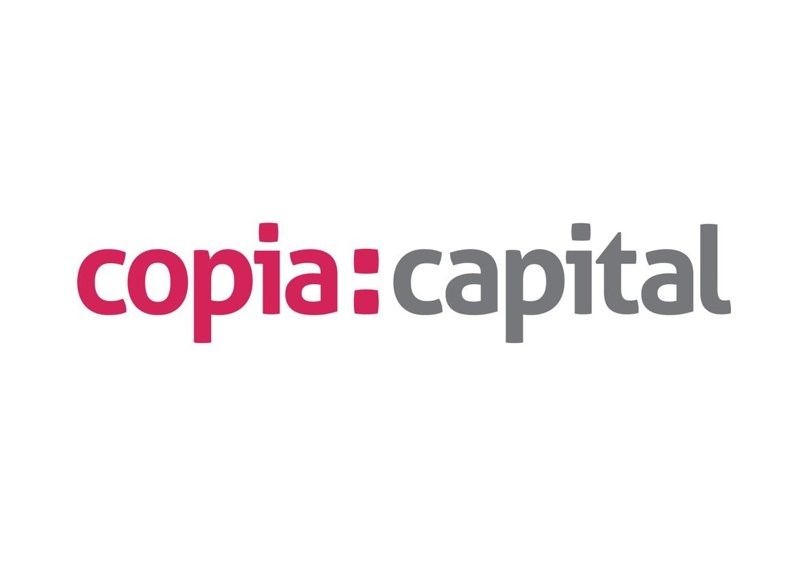04 Jun 2025
Driving business value through investment outsourcing

Tony Hicks, Head of Sales, Copia Capital
For today’s financial advice firms, building long-term business value is as much about creating operational efficiencies as it is growing assets under advice.
In theory, a well-structured Centralised Investment Proposition (CIP), underpinned by client segmentation and a clear proposition, should be a powerful way to create efficient processes and deliver consistent, high-quality outcomes. In practice though, CIPs, which are now used by 97% of firms according to figures from the lang cat, can create a significant drain on resources due to the time and effort required to manage them.
Our research last year found that a third (36%) of firms had seen the admin burden of their CIP increase over the pervious 12 months. On average, firms estimated they spent 81 days annually managing their CIP, up from 71 days in 2022. The requirements of MiFID II and Consumer Duty have increased reporting and disclosure requirements, creating considerable operational complexities for firms managing portfolios in-house. This includes obtaining client authorisations, generating personalised suitability assessments and monitoring multiple versions of the same model.
Outsourcing as a solution
Streamlining your CIP by outsourcing investment management is quickly becoming one of the most effective ways to reduce the in-house admin burden and free up time to focus on more important elements of your business. Our research shows that firms running their CIP in-house spend 139 days annually on investment management, compared to just 32.5 days for those who outsource. Over a third of advisers with in-house investment teams expect their admin burden to increase, and 33% anticipate more complexity in risk management. However, for outsourced firms, those figures drop to 19% and 12%, respectively. Outsourcing doesn’t eliminate the in-house workload entirely, but it significantly reduces the admin requirements and helps mitigate regulatory and operational risk.
That said, selecting the right investment partner isn’t a decision to take lightly. In most firms, the CIP will be well established and deeply embedded, so introducing a third party into that framework requires careful consideration. We know from conversations with advisers that many worry about losing control of the process, or that an off-the-shelf model portfolio service (MPS) will not be as effective in meeting the needs of their clients.
Tailored portfolios can offer a compelling solution. Managed by an expert team, these can reduce risk and administration while delivering a more personalised investment strategy that allows for effective diversification, active/passive blending, and rebalancing in line with the clients’ risk profiles and capacity for loss. The advice firm retains control over the client relationship, suitability and financial planning, while the DFM takes on responsibility for portfolio construction and performance, leveraging its deeper research and specialist investment expertise.
Meeting Consumer Duty expectations
This division of labour is key. The Consumer Duty emphasis on product fit, fair value, customer support, and effective communication introduces a new layer of due diligence and ongoing oversight for advisers. Beyond ensuring the suitability of their own advice, firms must also be confident that any third-party providers they recommend meet regulatory expectations and contribute to good client outcomes.
Outsourcing to a trusted investment partner frees advisers to focus on strengthening client relationships, delivering consistent high-quality outcomes. It also creates space to work on growing and shaping the business itself, which is crucial for long-term value creation.
The right investment partner does more than just manage portfolios; they enhance the entire advice process, boosting both your clients’ satisfaction and your businesses’ value.
This article is intended for regulated financial advisers and investment professionals only. Copia does not provide financial advice. This information is not intended as financial advice and should not be interpreted as such.
Find out more about Copia Capital >

